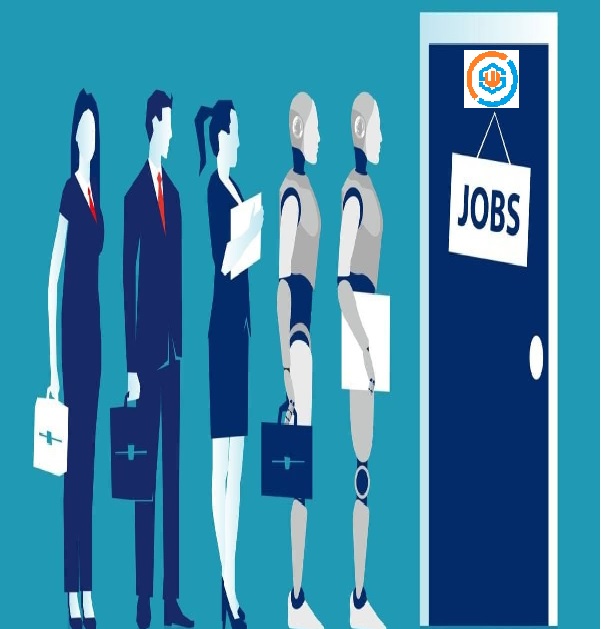
Impact of AI on future job roles
Although the full implications of artificial intelligence on the future of work remain uncertain, there is a unanimous consensus on one fundamental point: AI stands as one of the most indispensable technologies in the world today.
The pervasive presence of artificial intelligence in our everyday lives is unmistakable, as it exerts influence over various aspects such as search results, online dating outcomes, and shopping experiences. Recent data reveals a staggering surge of 270 percent in the utilization of AI across multiple commercial domains within the past four years.
However, the future implications of this technology on employment are a subject of inquiry. Will it lead to a persistent underclass of individuals unable to secure employment due to job automation?
Is there a possibility that super-intelligent computers will eventually dominate the planet, rendering their human creators obsolete?
Will the advent of robotic servants usher in an era of unprecedented human leisure and prosperity, or will it herald a period of peace and abundance for humanity?
Based on research conducted by PwC, it is projected that by the mid-2030s, approximately one-third of all jobs will face the risk of automation. Those individuals most vulnerable to these changes in the workforce will likely be those with lower levels of education.
Concerns surrounding job losses resulting from increased machine usage have persisted for centuries. With every technological breakthrough, there has been a real possibility of livelihoods or quality of life being significantly and irreversibly impacted.
How Artificial Intelligence Impacts the Future of Work ?
With a growing emphasis on reducing COVID-19 infections in the workplace and maintaining cost-efficiency, there is an increasing trend among corporations to substitute human labor with machinery.
As companies transition from survival mode to adapting operations amidst the ongoing pandemic, the acceleration of substituting humans with computers becomes more apparent. A recent report by economists Daron Acemoglu at MIT and Boston University suggests that the manufacturing sector alone could witness the replacement of an additional 2 million employees by robots by 2025.
McKinsey highlights that a significant number of Black and Latino Americans are employed in occupations such as cashiers, food-service workers, and customer service representatives, which are among the top 15 jobs most at risk of automation. Unfortunately, this ongoing trend could potentially result in the displacement of 73 million workers in the United States by 2030.
Similar to past human innovations like the steam engine, electricity, and the internet, an innovation that generates value, regardless of initial concerns or fears, is likely to have a beneficial influence on society as a whole.
Consider this:
- In response to the coronavirus, numerous businesses swiftly implemented robots, which promptly assumed technical tasks that have been a source of concern for humanity for centuries. These robots were efficiently carrying out duties such as cleaning airport floors and measuring people's temperatures.
- Malls and stadiums have acquired Knightscope security-guard robots to safeguard unoccupied properties.
- Industrial robot supplier Yaskawa America became the go-to choice for manufacturers seeking to boost production of highly sought-after items such as hospital beds and cotton swabs.
- Many companies have chosen to replace their call centers, which previously relied on human customer care employees, with chatbots developed by LivePerson or the AI platform Watson Assistant.
- Amidst the pandemic, hotels employed robotic assistants to warmly welcome guests in their accommodations, presenting them with freshly disinfected keys.
- A bricklaying robot can lay over 3,000 bricks in just an eight-hour shift, achieving a speed that is up to ten times faster than a human.

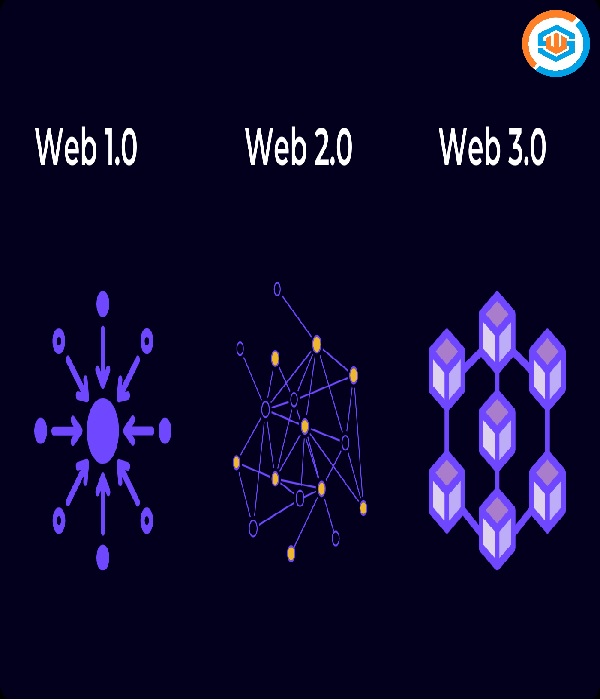







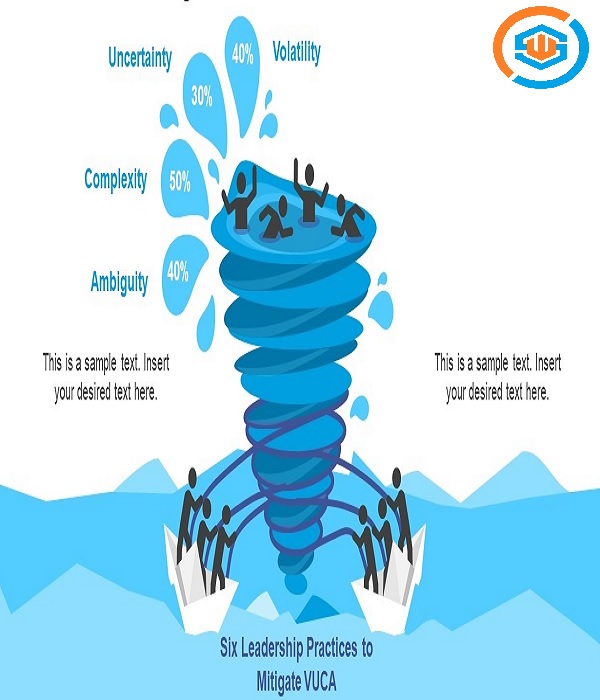
1.jpg)
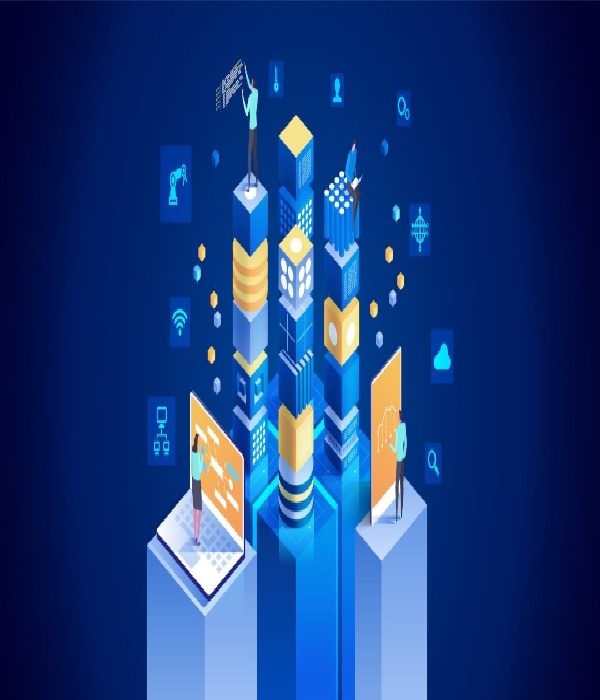






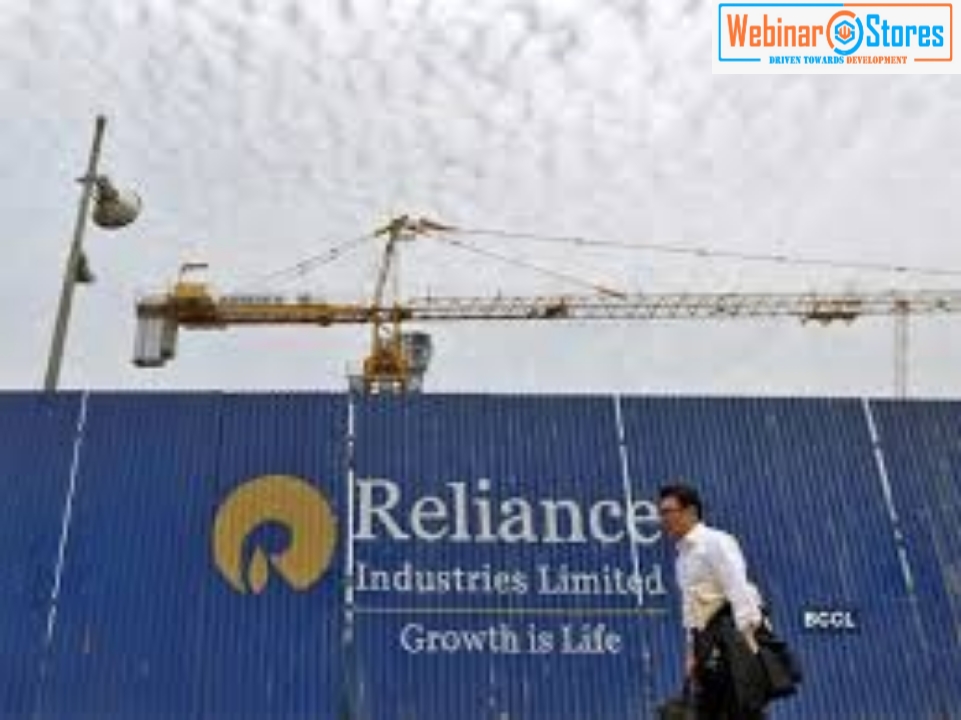
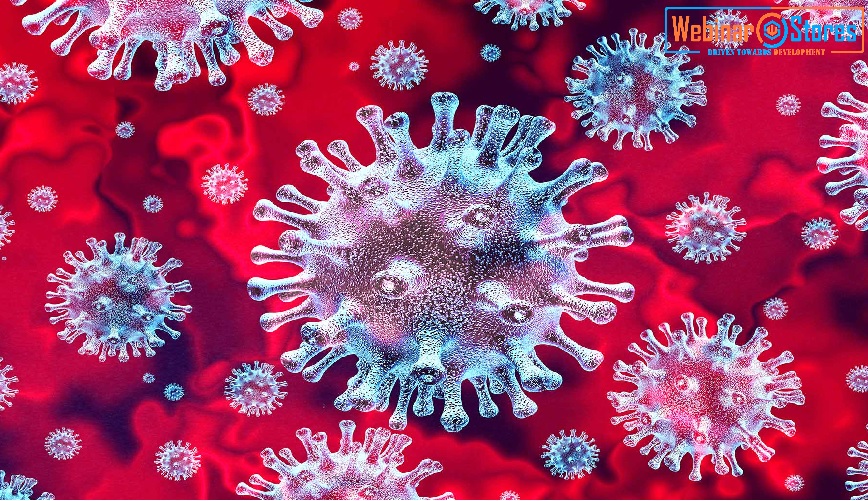
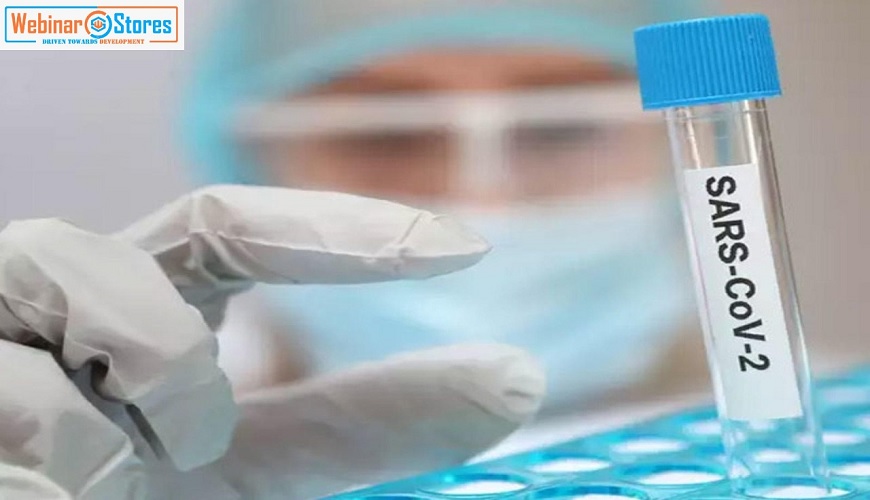



(4) Comments
Greg Christman
Excellent course!
Rimply dummy text of the printinwhen an unknown printer took eype and scramb relofeletogimply dummy and typesetting industry.
Lora Ekram
Excellent course!
Rimply dummy text of the printinwhen an unknown printer took eype and scramb relofeletogimply dummy and typesetting industry.
Mike Jones
Excellent course!
Rimply dummy text of the printinwhen an unknown printer took eype and scramb relofeletogimply dummy and typesetting industry.